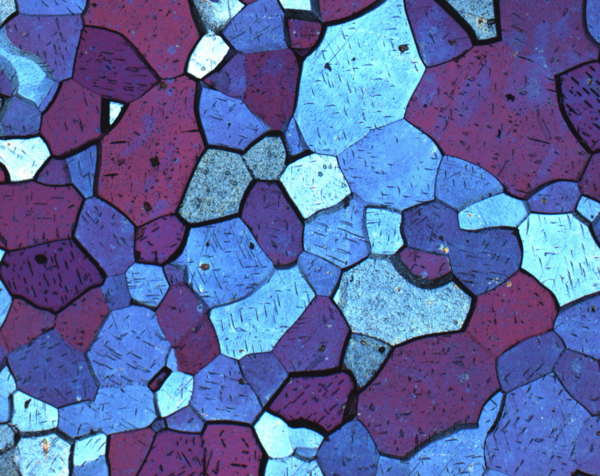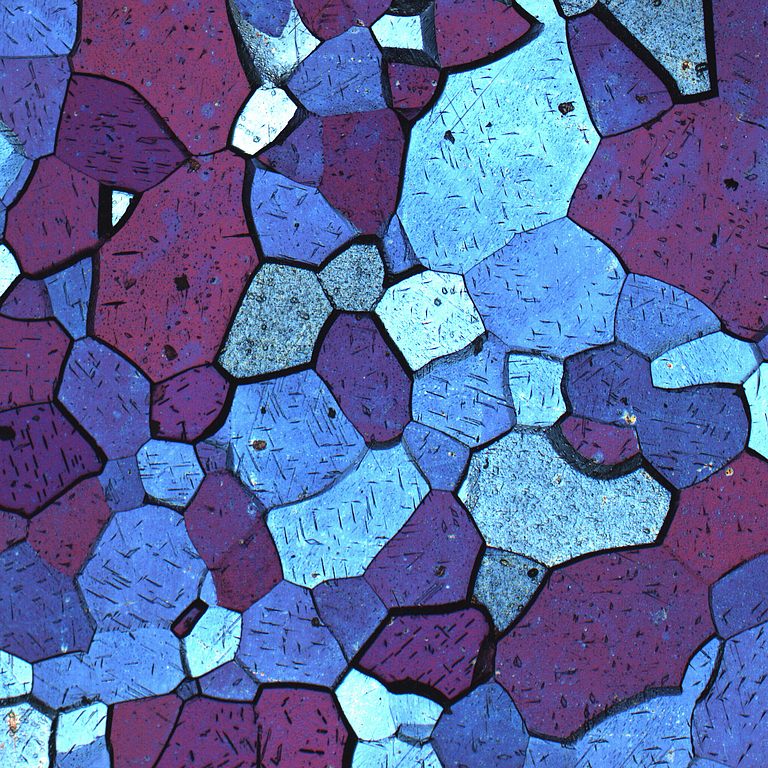Materials Science

We investigate materials using digital, experimental, and computational approaches. These are applied to a wide range of technologically relevant materials with the aim to explore process-structure-property relationships. We do this for scientifically exciting materials such as biomineralised tissues and for technologically highly relevant metallic materials, particularly in light metals such as aluminium, magnesium, and titanium, as well as FE-based materials and their alloys.
Methodologically (both experimentally and computationally), we focus on material strength under a range of loading conditions – including static (creep), quasi-static (tensile and compressive), cyclic (fatigue), and dynamic (impact testing). We also investigate damping behaviour in soft magnetic materials, long-term dimensional stability, and grain refinement in cast alloys. In addition, we work to optimise fatigue resistance through mechanical surface treatments such as shot peening and roller burnishing, and examine the electrochemical corrosion behaviour of metallic materials. We apply our full suite of analytical techniques – including scanning and transmission electron microscopy – to practical failure analyses. Based on the insights gained, we develop tailored recommendations for specific real-world applications.

